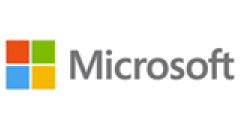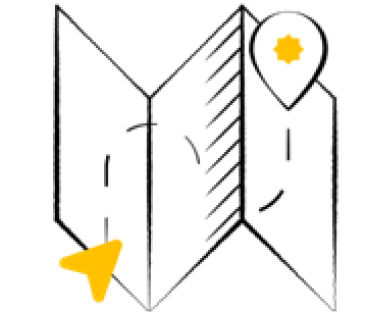Smart City Playbook

Tourism
Usecases
Digitally Augmented Hosts


The digitally augmented hosts will empower the hospitality sector with the right digital tools to enhance the capabilities of the workforce, allowing them to access data on the go and integrate with the city command and control capabilities. The importance of such augmented tools stems from the fact that managing large-scale events is always powered by a dedicated workforce aimed at creating an organized, well-coordinated and customer-centric experience.
Since the city plans to accommodate for more visitors over the years, the workforce will be better equipped to plan, manage and respond to visitors’ needs, using technologies such as augmented reality, wearables, smart phones, beacons, NFC and kiosks.



















